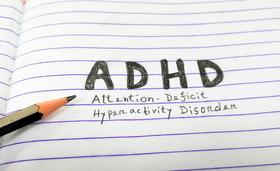Bill Gates revolutionized the PC industry, but will he be changing the face of America's public schools? Based upon his generous donations to educational institutions, as well as his commitment to education research, the answer may be a resounding "yes."
Mr. Gates recently spoke at the 2009 National Conference of State Legislatures in July and expressed the importance of improving teacher performance in order to improve student learning and school success. According to PHYSORG, a science and technology based newsgroup, Gates argued that enhanced methods of measuring both student and teacher performance would ultimately help build for a stronger educational system. As Gates further explains, "The U.S. must improve its educational standing in the world by rewarding effective teaching and by developing better, universal measures of performance for students and teachers."
With Gates retired from Microsoft, many educational leaders are eagerly awaiting his potential contributions to improving our nation's public schools.
Gates Foundation: Improving Education, Half a Billion Dollars at a Time
Bill Gates, along with his wife, Melinda, established the Gates Foundation to alleviate humanity issues both internationally and domestically. In recent years, the Gates Foundation has garnered attention for its incredibly generous contributions to public schools. Specifically, according to CW Pittsburgh, the Gates Foundation has allocated half a billion dollars to improve teaching in public schools!
The Gates Foundation reviewed nearly 110 school districts, and thus far, has selected a group of finalists. Currently, Pittsburgh area schools are ranked with contenders from






















